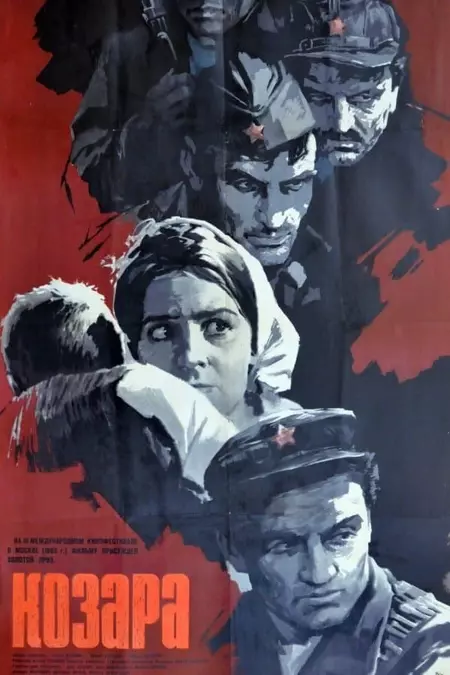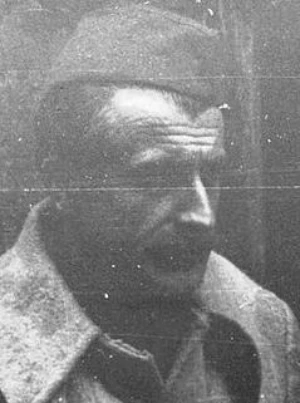Biography
(No Information)
Filmography
all 1
Movies 1
Writer 1
Writer

Kozara (1962)
Movie
Information
Known ForWriting
GenderMale
Birthday1910-09-02
Deathday1978-01-05 (67 years old)
Birth PlaceBosanski Petrovac, Bosnia and Herzegovina
ReligionIslam
CitizenshipsSocialist Federal Republic of Yugoslavia, Austria-Hungary
AwardsDis prize, Zmajeva prize, Commemorative Medal of the Partisans of 1941
This article uses material from Wikipedia.
Last updated:
 Skender Kulenović
Skender Kulenović- Filmography
- Information